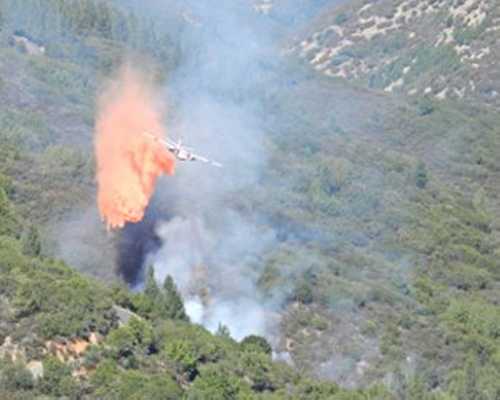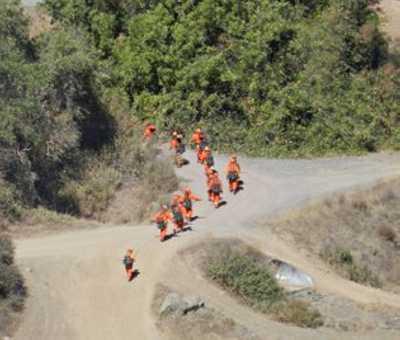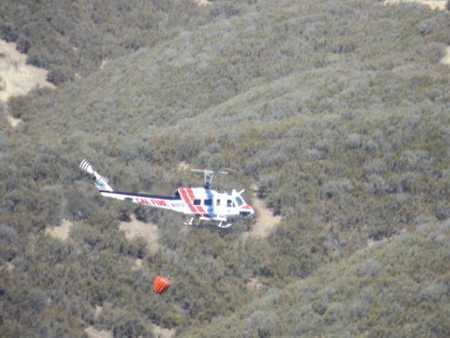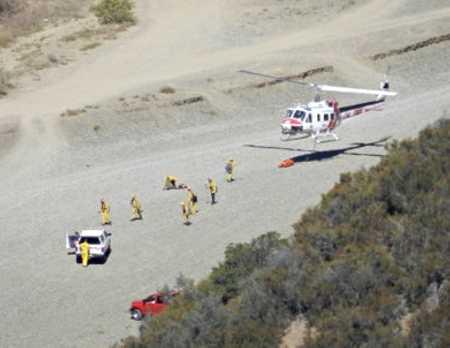- Lake County News reports
- Posted On
Water Resources Reform and Development Act to improve infrastructure, fund invasive species research
NORTHERN CALIFORNIA – Congressman John Garamendi, whose district includes 200 miles of the Sacramento River and Clear Lake, and is adjacent to several major ports, voted this past week in favor of the Water Resources Reform and Development Act, which was unanimously passed out of the House Transportation and Infrastructure Committee.
The act, or WRRDA, would strengthen decaying water transportation infrastructure to promote America’s competitiveness, prosperity, and economic growth.
The bill accelerates crucial flood protection projects in California’s Central Valley and across the nation.
“This bipartisan legislation is critical to the life and safety of residents in my district and beyond – to every community subject to flooding,” said Congressman Garamendi (D-Fairfield), who serves on the Water Resources and Environment Subcommittee and is Ranking Member of the Coast Guard and Maritime Transportation Subcommittee. “By cutting red tape, shortening the approval time for water infrastructure projects, and authorizing needed investments in America’s ports, this bill is a job creation machine.”
WRRDA affects every American, as everyday items such as clothing, food, and household appliances pass through our ports and waterways and into our homes.
The nation's ports handle $1.4 trillion of goods every year, about 99 percent of our overall trade. California handles approximately half of the nation’s total container cargo volume, supporting 348,965 jobs in our state.
Garamendi, a cosponsor of the legislation added, “Working with Members of Congress on both sides of the aisle, I will do everything I can to ensure that this bill becomes law.”
The Water Resources Reform and Development Act:
- Authorizes levee improvements that would protect vulnerable areas of the 3rd district and provide an economic boost. Every $1 invested into flood protection produces $7 in benefits.
- Allows the Army Corps of Engineers to consider local needs when making decisions about levee vegetation. This is especially important for the 3,000 miles of rivers and streams in California, including more than 100 miles in the Bay Area, much of which was threatened by a plan requiring brush clearing and deforestation.
- Expands the Aquatic Plant Control Program of the Army Corps of Engineers to include research on invasive animal species. This program could help combat zebra and quagga mussels, which are a threat to Clear Lake.
- In an era of no earmarks for individual projects, the bill authorizes a number of Corps projects that have completed chief’s reports. This includes the Natomas project – a big win for the region. Moving forward, the bill sets up a new process for authorizing projects, and the Committee is dedicated to ensuring much needed projects are authorized in the years to come.
- There are a handful of projects that will be ready for authorization in the coming months. Congressman Garamendi spoke in support of an amendment offered and withdrawn by Representatives Corrine Brown (FL-05) and Lois Frankel (FL-22), which would provide authorization for these projects that will have chief’s reports within one year of the bill’s enactment. This contingency authorization would benefit a project in the Sutter Basin and Garamendi will continue to advocate for this change.
- Makes changes to the Harbor Maintenance Trust Fund, so that more money in the fund actually goes to ports. Almost half of the fund is taken out each year to pay for other things within the budget rather than going to maintain our ports. California suffers even more because it pays much more into the fund than it ever gets back because California ports have less dredging needs than other parts of the country. Garamendi supported amendments by Representative Janice Hahn (CA-44) that would have given California more of a fair shake and will continue to support her efforts as the process moves forward.
In 1986, an Army Corps of Engineers overhaul envisioned passage of a new Water Resources Development Act (as it is traditionally titled) every two years, but it has already been more than six years since the last WRDA legislation passed in 2007.
Due to this lapse, the Army Corps of Engineers lacks the funding and the direction to accomplish the important tasks they were mandated.
In an increasingly competitive global trade environment, lack of investment in this vital infrastructure means losing a competitive advantage to countries like Brazil.
WRRDA videos, letters of support, bill text, and information booklet are available at http://transportation.house.gov/WRRDA .
















